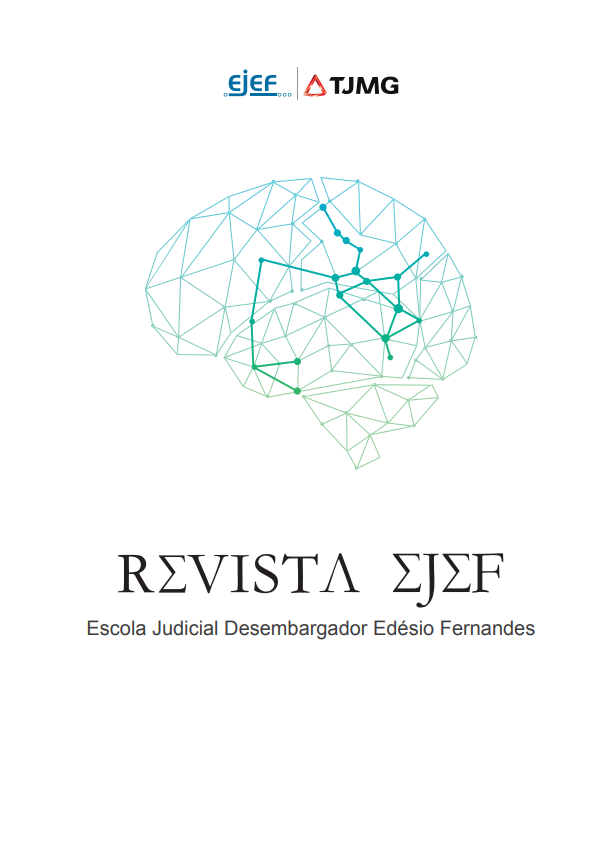FACIAL RECOGNITION THROUGH ARTIFICIAL INTELLIGENCE AND THE PRESUMPTION OF INNOCENCE PRINCIPLE
investigations into brazilian and comparative criminal proceedings
DOI:
https://doi.org/10.70982/rejef.v1i4.47Keywords:
criminal procedure, people recognition, facial recognition, artificial intelligence, presumption of innocence principleAbstract
In this article, we attempt to establish shared aspects between facial recognition carried out by artificial intelligence for the purposes of predictive policing and recognition of people used as evidence in the Criminal Procedure Code. Although facial recognition through artificial intelligence is presumably scientifically impartial, it ends up reproducing the weaknesses of recognition carried out by people because it requires a pattern to be reproduced, inductively. Thus, this article aims at discussing the problems of facial recognition through artificial intelligence of a normative and epistemological nature. Other implications of algorithmic facial recognition are also worked on, such as privacy and the presumption of innocence principle, constitutionally designed and not yet implemented. Lastly, the present study presents how algorithmic facial recognition has been dealt with in Brazil and other countries around the world.
Downloads
Published
How to Cite
Issue
Section
License
Copyright (c) 2024 Revista EJEF

This work is licensed under a Creative Commons Attribution 4.0 International License.









